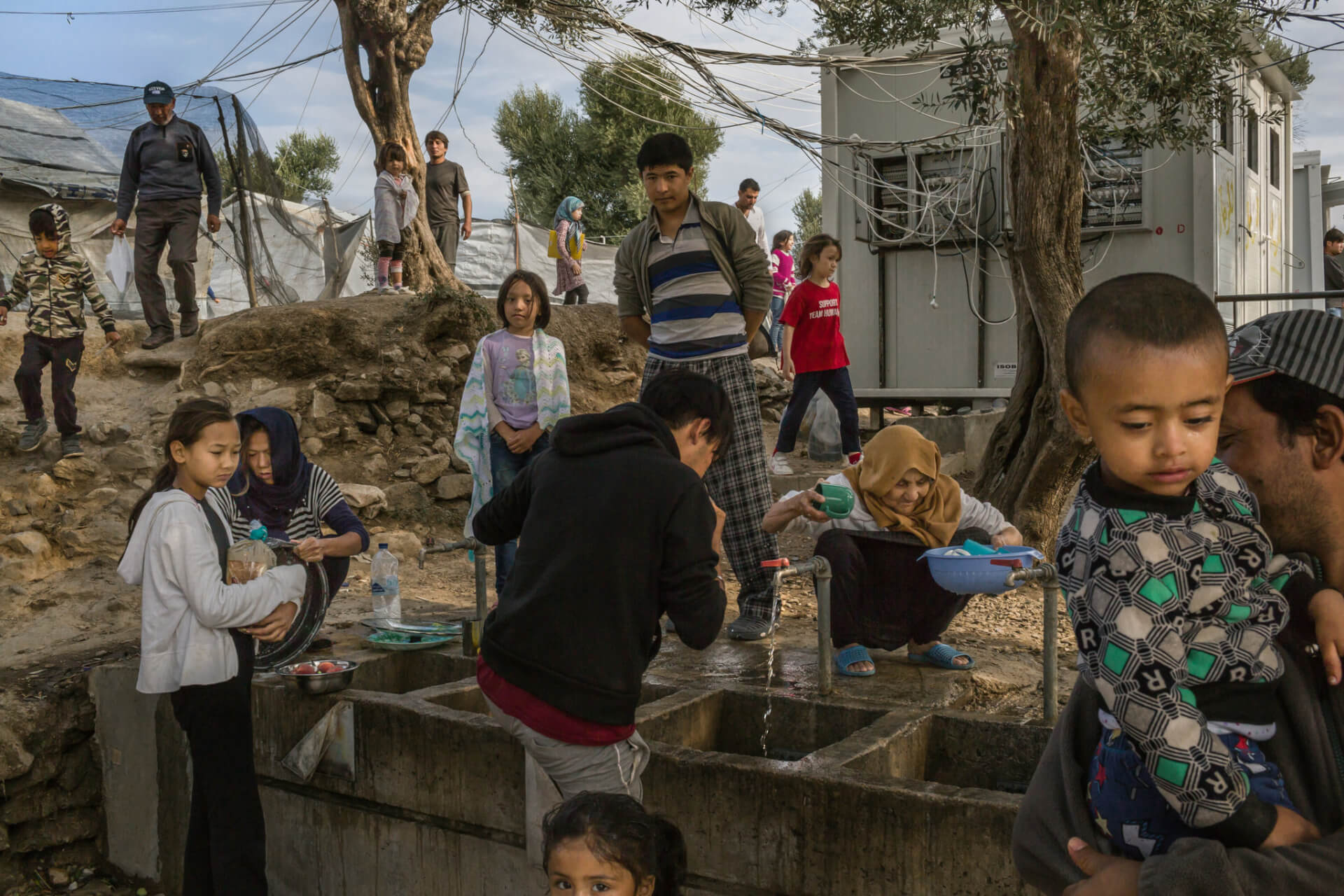The European Union (EU) has decided to relocate around 100 asylum seekers from Greece and Cyprus to Germany and Finland. The European Asylum Support Office (EASO), on Wednesday, said that the first set of refugees, which included 83 asylum seekers, including family members of severely ill minors, had already been shifted from camps in Greece to those in Germany on June 24.
The relocation of refugees is in furtherance of the EU scheme—which is supported by the European Commission, the UN High Commissioner for Refugees, and the International Organisation for Migration—that aims to shift 1,600 minors from camps in Greece and Cyprus to camps across the continent. In 2016, several European countries closed their borders and refused to accept refugees; however, some of them have now made an exception specifically for minors. The list of countries that have agreed to make this exception includes Belgium, Bulgaria, Croatia, France, Germany, Ireland, Lithuania, Luxembourg Portugal, Serbia, and Switzerland.
The decision to shift minor asylum-seekers comes amidst growing criticism about the treatment of the refugees in Greek camps, that house over 5,000 minor refugees. Most of these camps have been found to be extremely unsanitary and unsuitable for housing children. Moreover, owing to the pandemic, the camps have been locked down since early March, making the situation even more critical for the refugees.
Soon after the decision to close down the refugee camps to prevent the spread of the virus, several European Members of European Parliament, along with the head of the European Parliament’s Civil Liberties Committee, Juan Fernando Lopez Aguilar, called for an “immediate response” to the issue in a letter to the European Commissioner. Further, he suggested urgent preventive evacuation of the overcrowded camps, deeming the Greek authorities’ decision to impose a lockdown to be insufficient. Further, in March, the Greek government also announced its decision to suspend the asylum process for refugees for a month. This, too, was highly criticised by the international community and European commentators.
According to a report by the Human Rights Watch: “[Minor refugees] are often unable to get medical treatment, psychological counselling, or legal aid, and few even know the reasons for their detention or how long they will be behind bars.” The report also highlights the impact of their prolonged detention on their mental health. The European Court of Human Rights has previously criticised Greek authorities for the practice of detaining unaccompanied minors in their detention camps. Further, the court previously held that by exposing them to “degrading treatment”, the authorities violated the right to liberty of the children and dismissed the Greek explanation that the detention of the minors was necessary for their protection.
EU to Shift Several Refugees From Greece and Cyprus to Germany and Finland
The decision comes amidst criticism of the inhumane treatment of minors in Greek camps.
July 30, 2020

Refugees from Afghanistan at a refugee camp in Lesbos, Greece. SOURCE: NEW YORK TIMES
